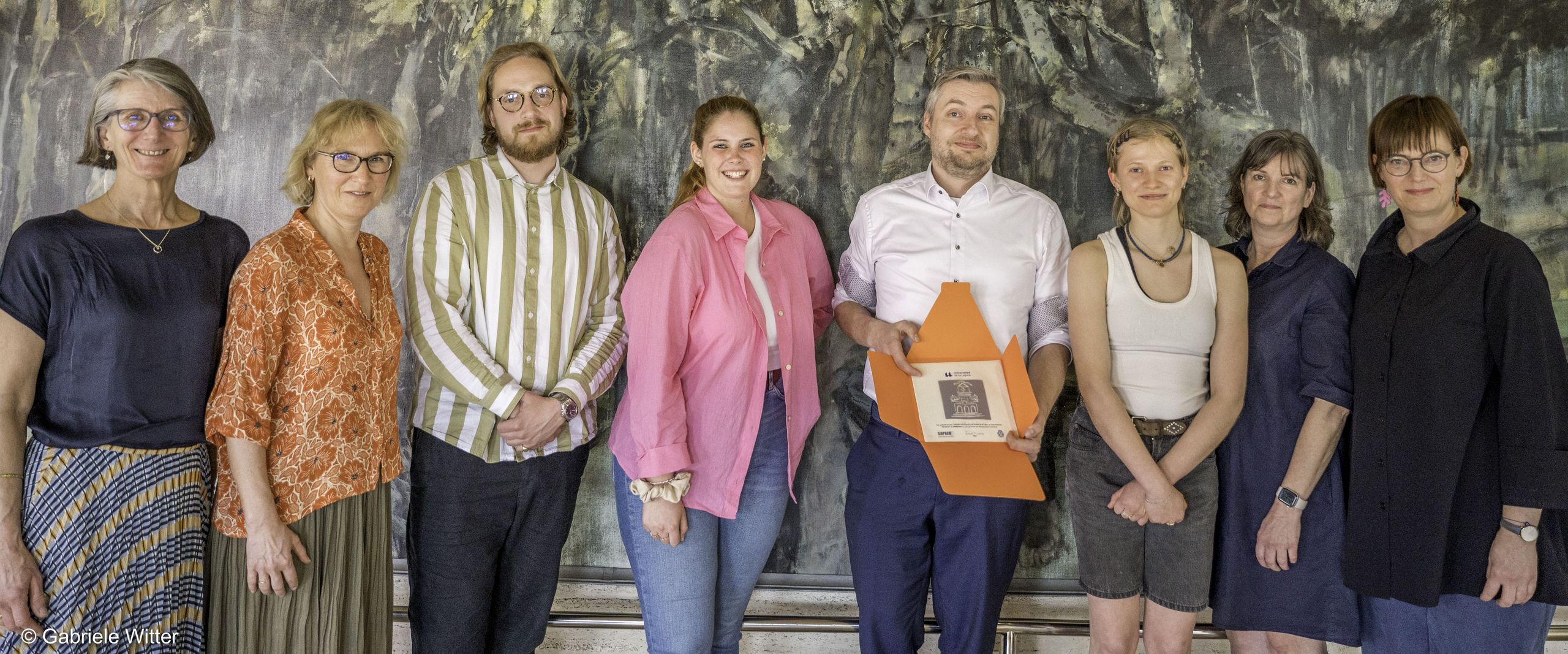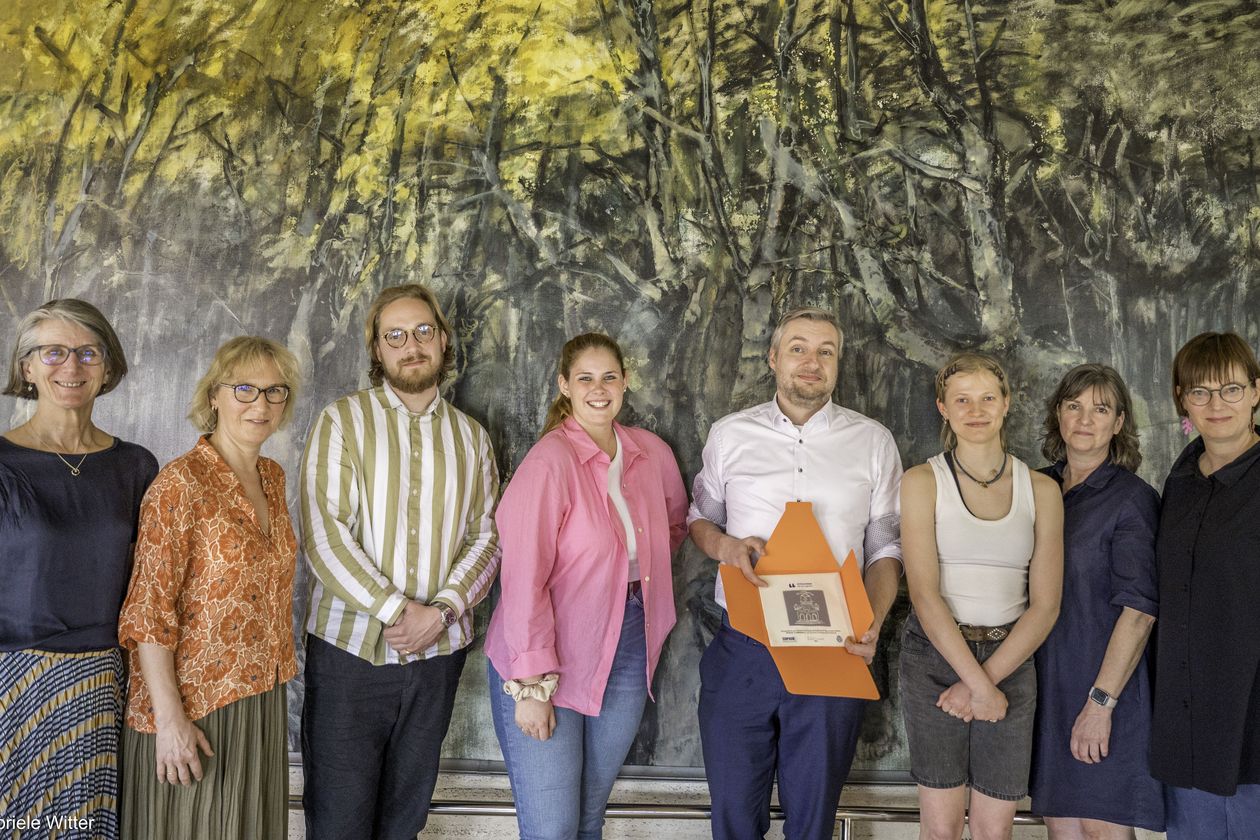
In the spring of this year, the nine partners of the European alliance STARS EU (Strategic Alliance for Regional Transition European University) met at the University of La Laguna in Tenerife (Spain) for their third annual conference. It became clear what strengths the European network now has. It intends to build on these in the coming years.
The Alliance coordinator highlighted the deepening of a sustainable cooperation network between universities as the most important point. "Altogether, our nine allied universities, spread across Europe, have 77 faculties," said Rima Dijkstra from Hanze University of Applied Science (Groningen, the Netherlands). "Their strengths are that not being located in capital cities, they are all strongly focused on regional growth and can therefore ideally complement each other. This alliance aims to address challenges such as demographic change in an increasingly ageing society, but also to increase focus on entrepreneurial thinking and innovation, digital skills, technological change and sustainability." The European university network boasts a wide range of competences that exert a significant impact on the respective regions.
Professor Maria Clarke from HSB's School of Architecture and co-leader of the STARS EU thematic interest group ‘Living Spaces’: "I was struck by the friendly and enthusiastic atmosphere that pervaded throughout the third annual conference at the University of La Laguna. There was a sense of common spirit and a firm belief in European academia across all universities and departments, and at the same time an urge to promote and strengthen joint research and teaching."
"Internationality, interculturality, enthusiastic brainstorming, cohesion – these are the first things that come to mind when I think of STARS EU and this year's conference in La Laguna, Tenerife," says Elise Steinbrenner, HSB student in the International Degree Programme in Applied Leisure Science and member of the STARS EU Student Board. "The lively discussion among members of the Student Board was a great source of inspiration and we got lots of good ideas. Thank you for the cooperation – I took a lot away from this conference."
Rima Dijkstra explained the plans that will occupy STARS EU for the next four years: The development work in the network will be continued with seminars, workshops, and conferences. This includes reaching agreement on common curricula, for example to create micro-credentials that are valid at the different universities, as well as joint degrees. Also, the virtual and actual exchange of students between the different universities will continue to be promoted, as well as internship opportunities and activities involving international cooperation between individual members of staff.
HSB has been involved in STARS EU – previously ENGAGED – since the end of 2019. The alliance combines the strengths of nine long-established European universities with complementary powers. Together they want to implement an innovative concept in higher education – with the aim of creating a new kind of European university. Many teachers and students are already involved in the network, and more are always welcome.
Representatives of the nine STARS EU partner universities at the third annual conference at the University of La Laguna in Tenerife. On the photo (from left): Dr. Heike Tauerschmidt (HSB), Prof. Dr. Uta Bohnebeck (HSB), Christian Schütt (from the Senator for Economics, Labor and Europe in Bremen), HSB student Elise Steinbrenner, HSB Chancellor Daniel Engelbrecht, HSB student Jula Eichhorn, Prof. Maria Clarke and Prof. Dr. Svenja Tams (both HSB).
© Gabriele Witter
